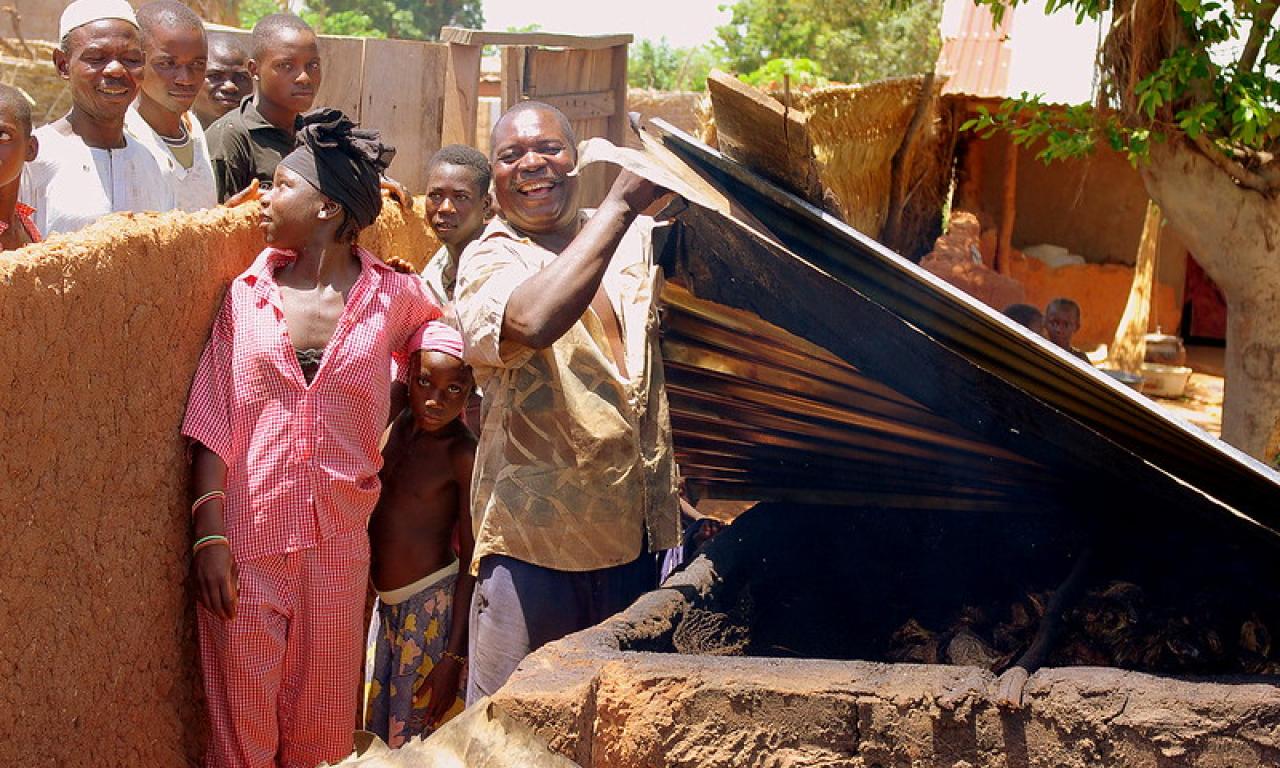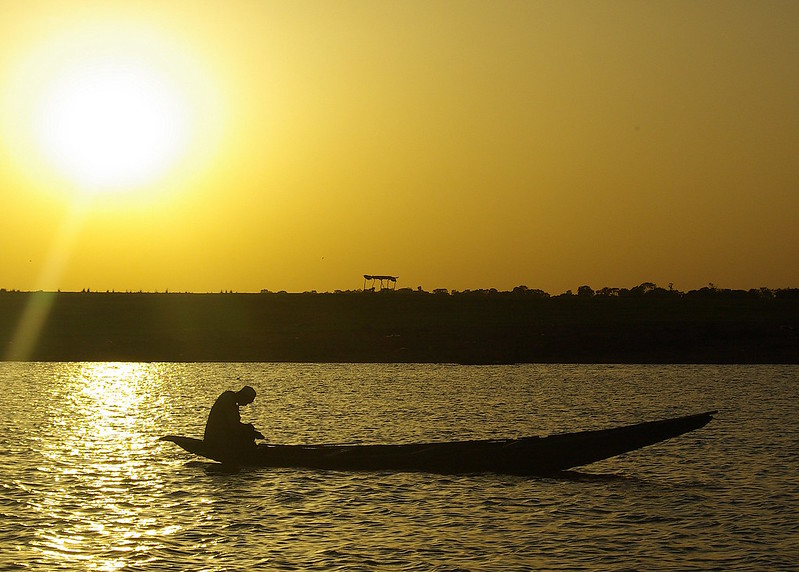
The lockdown in place since March 30th was relaxed in the second week of May in Abuja and Lagos, and was programmed to gradually ease over the next six weeks. This move was aimed at helping economic recovery, but fears of a second wave have been looming and the Nigerian Medical Association (NMA) qualified the move as premature. By mid-May, Nigeria had registered 4971 confirmed COVID-19 cases and 164 deaths.
Fears of an impending recession affecting the most vulnerable populations and informal workers continued to grow. While the Nutrition Society of Nigeria (NSN) restated the importance of adequate nutrition and micro-nutrient rich foods in this vulnerable period, loss of jobs, income and disruptions in the supply chain were threatening food security. Stakeholders in the aquaculture sector warned of a potential food crisis and called to sustain food supply chains and protect poor and vulnerable communities. The prices of food commodities were reported to have increased at all levels of the supply chain due to border closures, transport restrictions and allegations of traders having to bribe their way through markets. A general sense of confusion was reported regarding lockdown guidelines surrounding the transportation of food supplies. While permitted in theory, drivers carrying essential goods feared roadblocks and harassment from security personnel. This resulted in less food transportation resulting in a gap in food supply and price spike. Transportation bottlenecks were also said to be affecting small scale farmers who were reportedly unable to access supplies and markets, leading to an income hiatus. Heads of farmer associations also raised concerns about mounting input costs and well as inability of famers to tend their land.

Impacts on fisheries and aquaculture: During a webinar organized by the West African branch of the World Aquaculture Society, a member of the Fisheries Society of Nigeria (FISON) stated that stocking and harvesting plans of fish farmers had been heavily disrupted. It was said that some were forced to keep fish in ponds, consequently increasing operational costs for feeding and reducing profits. The arrival fish seed was delayed due to transportation restrictions. Delays in harvesting, alongside decreased consumer demand, have caused significant financial impacts for farmers. Furthermore, fish feed is expected to become scarce due to trade disruptions as most of the fish meal used in Nigeria is imported. In addition, some farmers reported not having enough income to purchase feeds and, as a result, had to sell smaller fish for very low prices.
Responses and adaptations: Government measures were reported to be too limited to counteract the scope of the economic impacts. To ease some of these impacts, the government has announced a freeze on loan repayments for small businesses and farms. Some farmers were said to be making their own fish feed using cassava and cooked plantain flour to cope with their inability to buy any.
Regarding nutrition, the NSN recommended adaptation strategies to counter the food price spike by purchasing cheaper alternatives namely low priced fish or edible insects for protein sources. In addition, it was stated it was crucial for the government to stabilise food supply and regulate prices to promote adequate nutrition for all.
The crisis has stimulated discussions and ideas on how to mitigate impacts in the present and future. Integrating quality aquaculture products into emergency food packages was suggested as an opportunity for governments to re-direct some of the unsold products. The reliance on imported fish feed sparked discussions towards developing feed self-reliance. Setting up workshops to teach farmers how to produce feed with available local ingredients was suggested as a mitigation strategy.